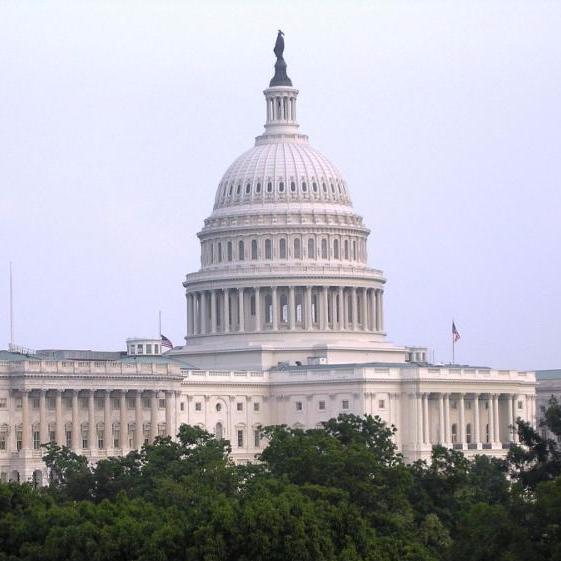
On June 22, the Senate introduced the Better Care Reconciliation Act (BCRA). This is the Senate's version of repealing and replacing the Affordable Care Act (ACA). While there are some similarities to the House version of the bill, the
American Health Care Act (AHCA), there are a few differences that are highlighted below.
Medicaid funding
Both the House and the Senate bill propose a
per capita cap on federal Medicaid spending. However, the Senate bill provides less funding for Medicaid in the future. After 2025, the growth in funding will no longer be tied to the consumer price index for medical care. Growth in funding will be tied to the consumer price index for all goods, which has a lower level of growth. This could lead to more low-income individuals that are unable to receive the care that they need.
Tax credits
The AHCA established a flat tax credit based on age only. This means that the tax credit would be the same for everyone of a certain age, regardless of their income. The BCRA establishes tax credits based on family income, local cost of insurance and age, similar to the ACA. This change could help older Americans with lower incomes afford insurance.
State waivers
The BCRA, like the AHCA, allows states to opt out of out of covering essential health benefits, like pediatric dental care. However, the Senate bill would not allow states to repeal the community rating.
Similar to the AHCA, Senate Republicans are divided on the bill. Moderate Republicans are concerned about the cuts to Medicaid, while conservative Republicans don't believe the bill goes far enough to repeal ACA provisions. Republicans have a narrow majority in the Senate and would require support from 51 of 52 Republicans to pass the bill. The Senate was expected to take a vote on this bill prior to the July Fourth recess. However, on June 27, Senator Mitch McConnell postponed the vote because he did not have the votes to ensure its passage. The Senate is expected to vote next week.
Why is this important?
The Congressional Budget Office (CBO) estimates that the number of people uninsured would increase to 22 million by 2026 under the BCRA. Additionally, the CBO predicts that the BCRA would cut Medicaid funding by $772 billion over the next decade. This bill has the potential to limit the amount of care patients are able to receive under Medicaid. Contact your senators to share how cuts to Medicaid funding may affect the patients you serve.
Next step:
Read more about the Senate bill.